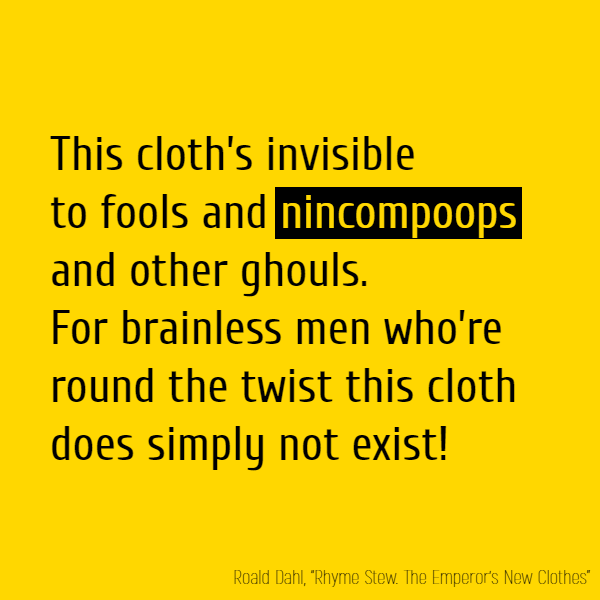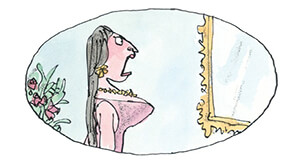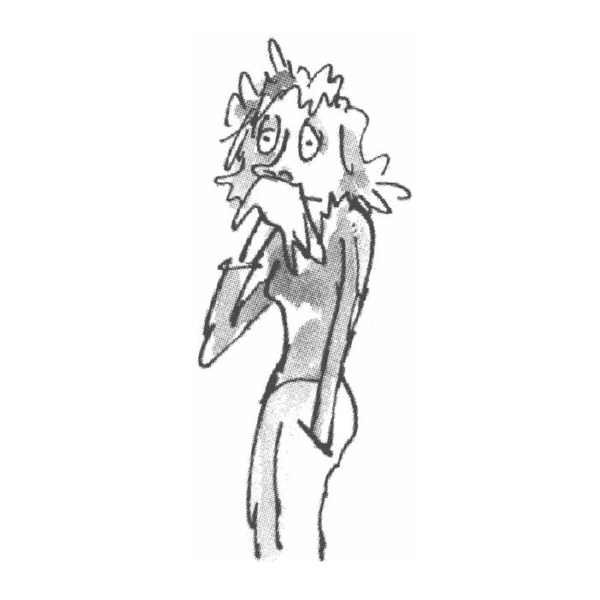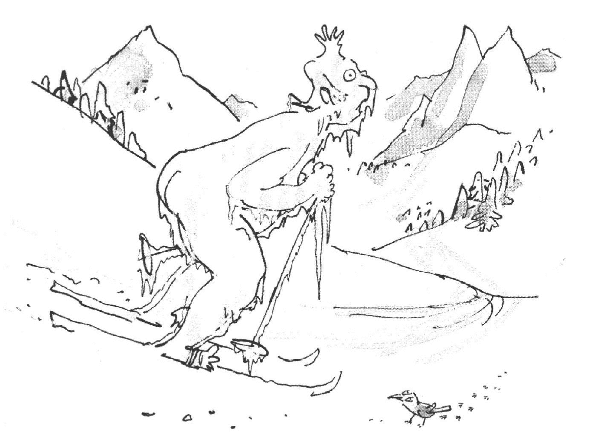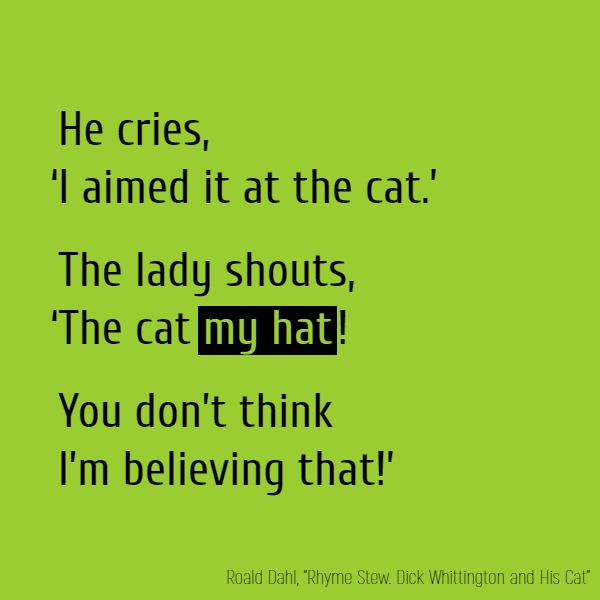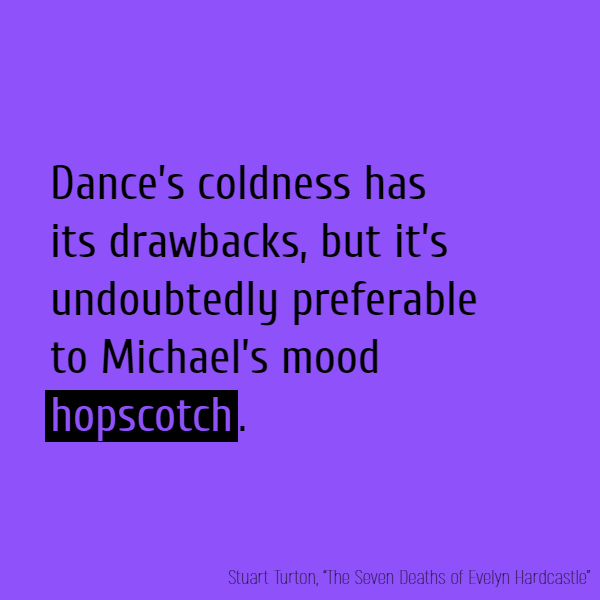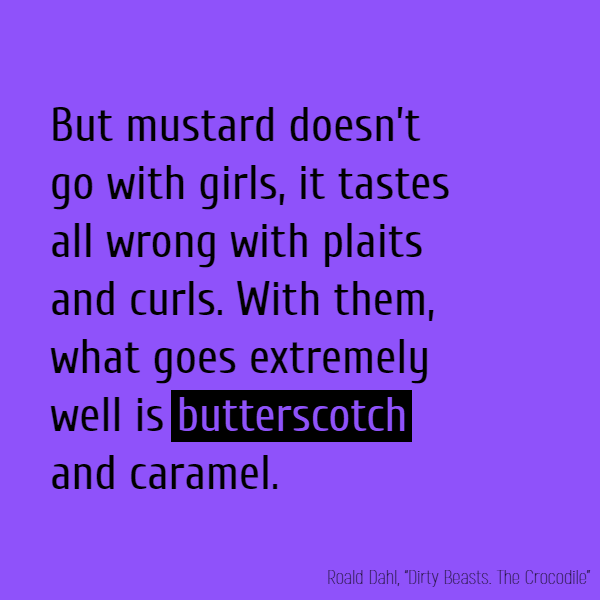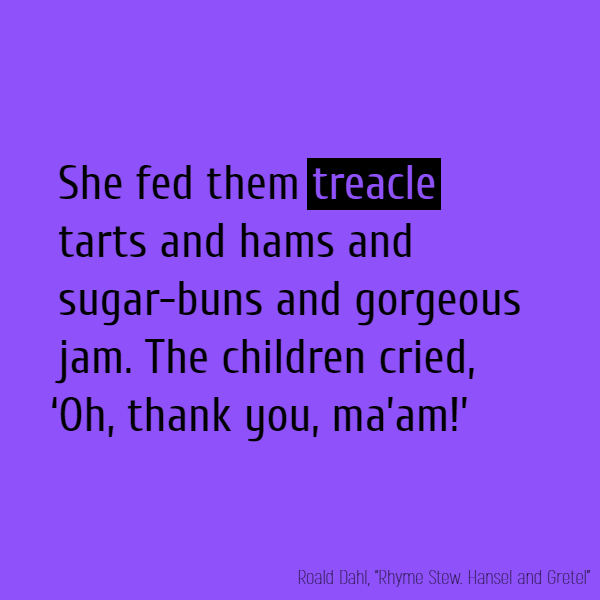Взвейся ввысь, язык огня!
Pot in humble abode был так прекрасен, что я даже не стала искать незнакомые слова, чтобы ничего не испортить. Но потом всё-таки не выдержала, и стало ещё прекраснее:
Not a pot of the mundane, simple life,
But a vessel of laughter, cutting gloom like a knife,
It speaks in tongues, in mirth and in strife,
A companion in the journey, as children strive.
“Come hither, young ones,” it doth call,
“Have no fear, stand tall.
Sit upon me, let not your laughter stall,
For I am here to catch your fall.”
Начнём с простого и понятного: “Come hither, young ones,” it doth call. Идите сюда, ребятишки, дядя Гитлер поиграет с вами в Доту. Или ещё что-нибудь сделает.
А дальше начинается интересное:
Speaking in tongues, also known as glossolalia, is an activity or practice in which people utter words or speech-like sounds, [...] in some cases as part of religious practice in which some believe it to be a divine language unknown to the speaker.
Вот уж точно not a pot of the mundane, simple life. Но и это ещё не всё.
Чтобы сгенерировать Шекспира, ChatGPT, похоже, обучался на Пушкине:
Не спрашивай, зачем унылой думой
Среди забав я часто омрачён,
Зачем на всё подъемлю взор угрюмый,
Зачем не мил мне сладкой жизни сон;
Don’t ask me why, alone in dismal thought,
In times of mirth, I’m often filled with strife,
And why my weary stare is so distraught,
And why I don’t enjoy the dream of life;
Очень отдалённо in mirth and in strife можно перевести как «и в ссоре и в радости», потому что горшок в беде не бросит, даже если малыш с него упал:
Sit upon me, let not your laughter stall,
For I am here to catch your fall.
Вот что значит настоящий, верный друг.

